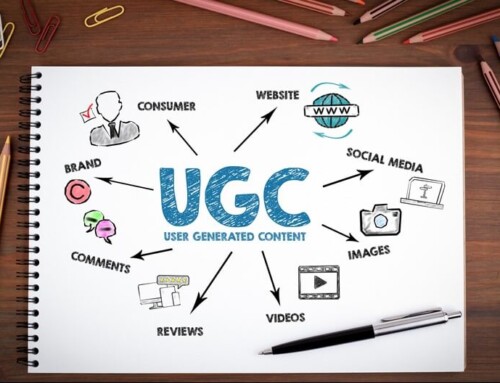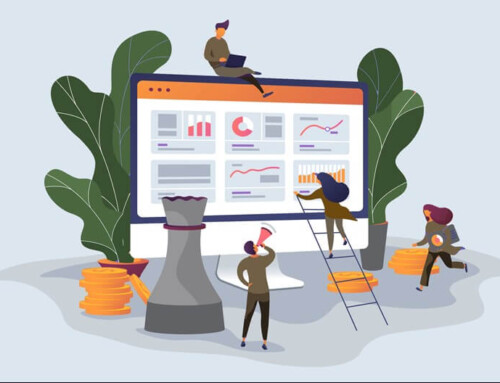One of the benefits of the internet is the way it can combat consumer ignorance. The worldwide web, fittingly named, lets buyers do their own research before purchasing anything. Through social media and internet searches, the average consumer is more connected than ever before. It follows, then, that buying habits are changing—which means that sellers should be adapting as well. But how exactly are connected buyers changing the way buying decisions are made?
Informed Decisions
Sure, it may not always be reliable, but we have to admit that the internet contains a wealth of information. The average buyer has never been more equipped. Information is both widely available and instantly accessible—the world is at our fingertips. This information is not going to waste—prospects are using it to inform their decisions. An Accenture study found that 94% of B2B buyers conduct online research at some point in their buying process.1 What’s more, Hubspot found that 74% of B2B buyers do more than half of their research online before buying.2 In other words, sales reps will find that more and more of their prospects enter the conversation with prior knowledge.
Specific Requirements
Due to the information gleaned from online research, buyers often have more specific requirements for the product they’re seeking to buy. This means they grow tired of sales reps trying a ‘one-size-fits-all’ strategy. A Forrester study found that 59% of buyers skip talking to a sales rep because the rep pushes a sales agenda.3 Instead, these buyers do their own research, looking to solve a particular problem or meet a specific need. They are less likely to appreciate a cookie-cutter sales pitch, and will instead seek detailed information and specific assistance.
High Standards
Connected buyers also have higher standards. Their research informs their awareness of the different options available to them, so they want to give their business to the best. They want long-term, solution-based relationships with companies—which means those companies must be consistently excellent. Not only do these buyers want a quality product, they want helpful, professional interactions with sales reps. They want to feel valued and understood, and will bring their business elsewhere if their experience does not meet their standards.
Shared Knowledge
The prominence of social media allows consumers to influence each other. Buyers will look to their friends, colleagues, and online connections to help inform their purchase decisions. Product knowledge becomes shared knowledge, as individuals share their opinion of an item with their followers. Peers have gained a greater influence—there is an 87% favorable impression rate when reps reach out through a mutual connection.4 Peers aren’t the only ones involved, however. Sites like Yelp let buyers post public reviews of products and services, and these reviews can inform perfect strangers. Rather than making decisions in a vacuum, people are calling on their connections to help guide their purchases.
Conclusion
Today’s consumer is more connected than ever before, but this is not a bad thing. Rather, this should encourage sellers everywhere to strive for the highest quality. Companies that pay attention to connected buyers, and track their buying habits, will be able to excel. Following new buyer trends, like the four listed here, will help keep businesses from being left behind.
___________________
SOURCES:
12014 State of B2B Procurement Study, Accenture Interactive, 2014
2The B2B Sales Force Digital reboot, Forrester Research Inc., 2015
3Death Of A (B2B) Salesman, Forrester Research Inc., 2015
4The New Formula for Connecting with B2B Buyers Infographic, Linkedin Sales Solutions, 2014
This article was last updated on June 10, 2025
- Take Action on Organizational Values to Improve Company Culture - September 8, 2025
- Discover Hidden Gems in the Art, Culture and Outdoor Attractions in Dallas, Texas - August 25, 2025
- Create High-Quality Content Your Audience Truly Values - August 11, 2025






